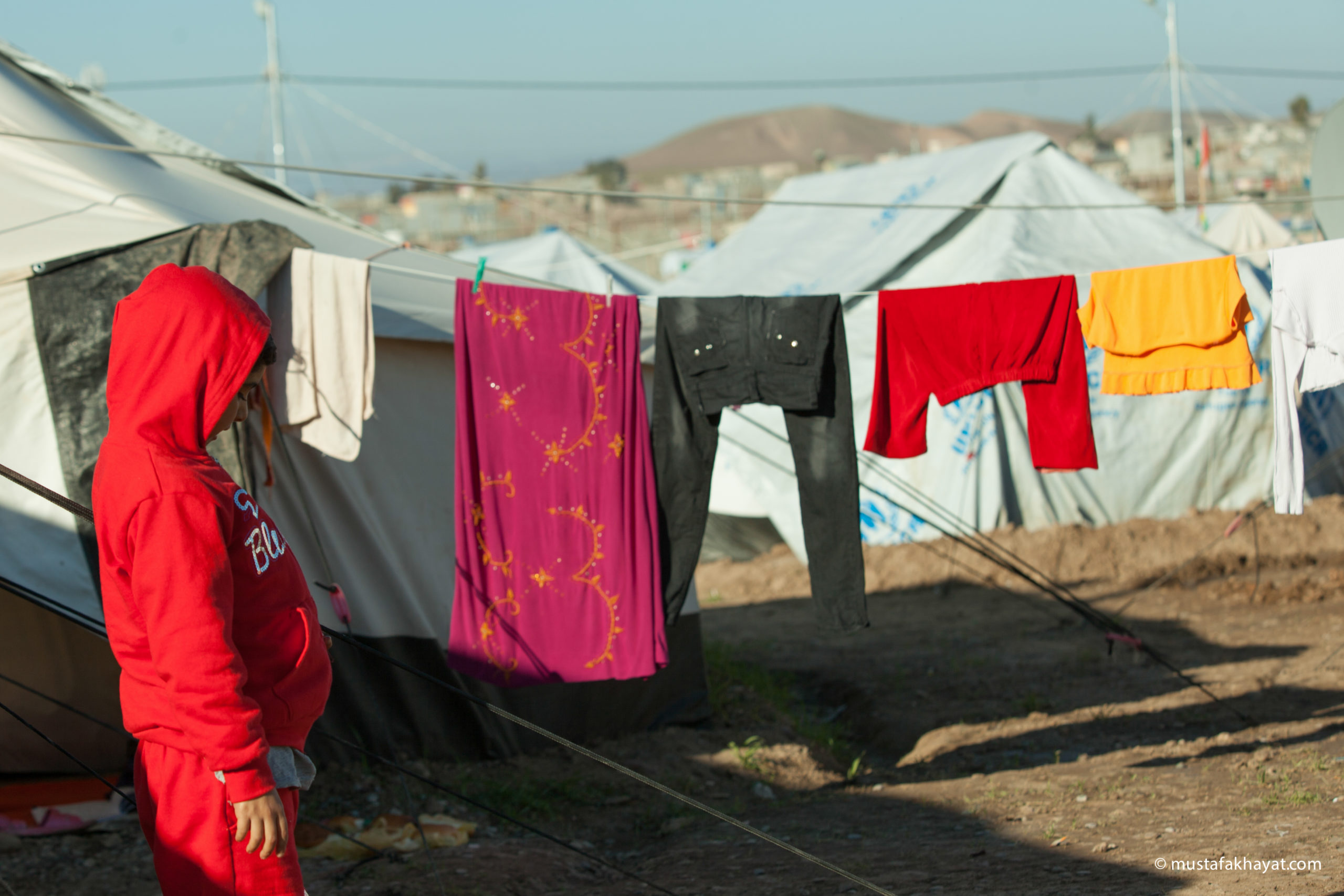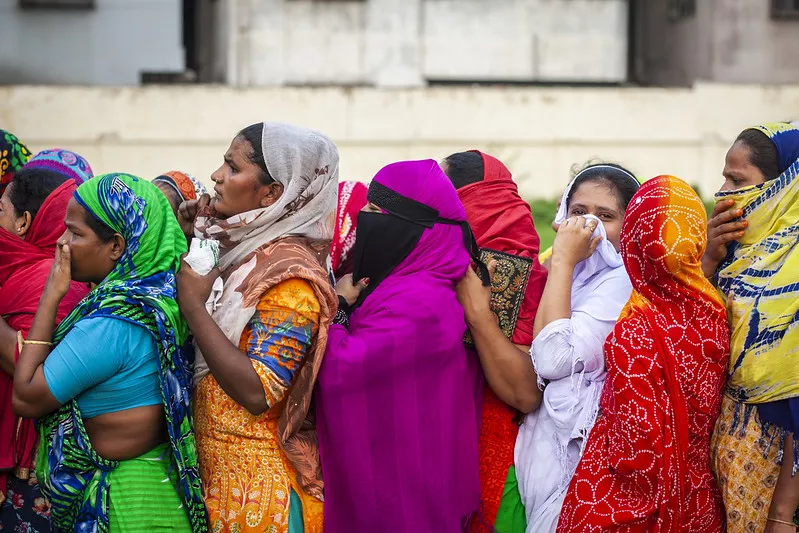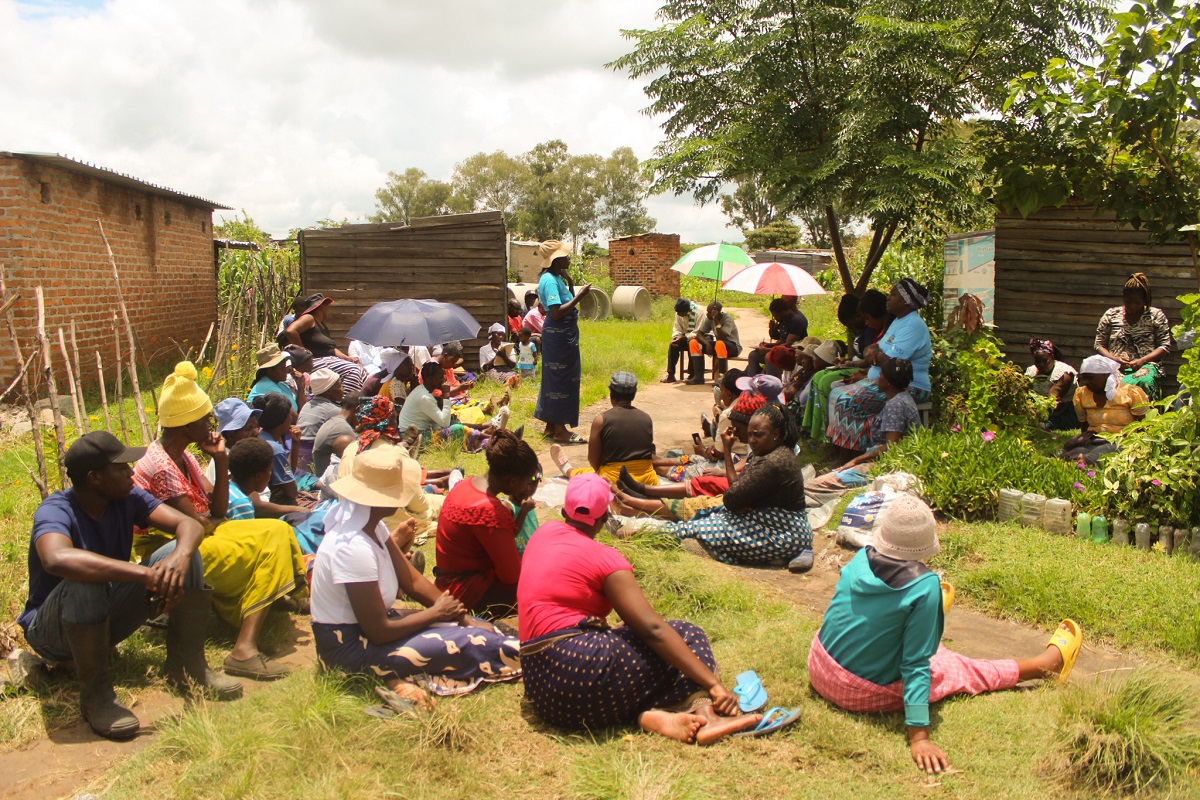According to a recent global survey “distrust is now society’s default emotion”. Whilst this is a grand claim, it does emphasise the importance of placing trust at the heart of efforts to bring about positive change, as has been evidenced through the diverse projects of the Covid Collective.
Two years on from the impacts of a global pandemic and we see fissures and fragmentations in all kinds of systems (food systems, health systems, economic systems). The world is witnessing tectonic shifts in geopolitics. In such overwhelming times, we turn to those we trust to make sense of all this chaos.
A few months ago I was asked to capture some of the learning from the first phase of the Covid Collective. Alongside colleagues at the Institute of Development Studies where the Collective is based, we produced a comprehensive review of the outputs and findings from projects in the Collective.
Over a whirlwind 18 months of rapid research, what emerged most clearly was this issue of trust. Through individual relationships of trust built through longstanding community-based work, and through group relationships of trust formed through open dialogue and learning, the diverse members of the Collective helped to push back against the tide of distrust and disinformation.
If the Collective were a tapestry, it would have strong threads and thin ones, dense patches of weaving, as well as frayed edges. 18 months is a short space of time in which to carry out social science research in the context of a pandemic crisis, and at the same time cut across disciplinary, technical, and subject-specific silos to communicate this learning in real time. Yet, the Collective achieved real impacts through attending to the social, relational and ‘human’ dimensions of Covid-19.
Trusted Community Based Organisations (CBOs) and Civil Society Organisations (CSOs) proved themselves invaluable as intermediaries in ‘crisis’ moments
CBOs and CSOs are heterogeneous by nature, so it is impossible to generalise across such a wide range of actors and practices. Through Collective work, however, we found many examples of Civil Society Organisations (CSOs) and Community-Based Organisations (CBOs) with already established relationships of trust at local level, who were able to act quickly and effectively in response to the Covid-19 pandemic.
This included the organisation of emergency food provision, the creation of emergency sanitation infrastructure (water tanks, washing stations), vaccination drives, provisions for those ‘locked down’ and help transporting those in need of emergency care. Their ability to be an intermediary not just in terms of distributed forms of public health response, but also an intermediary in the sense of helping broker and translate accurate information, and facilitating claims on government duty-bearers, made trusted CBOs and CSOs a means of survival and resilience.
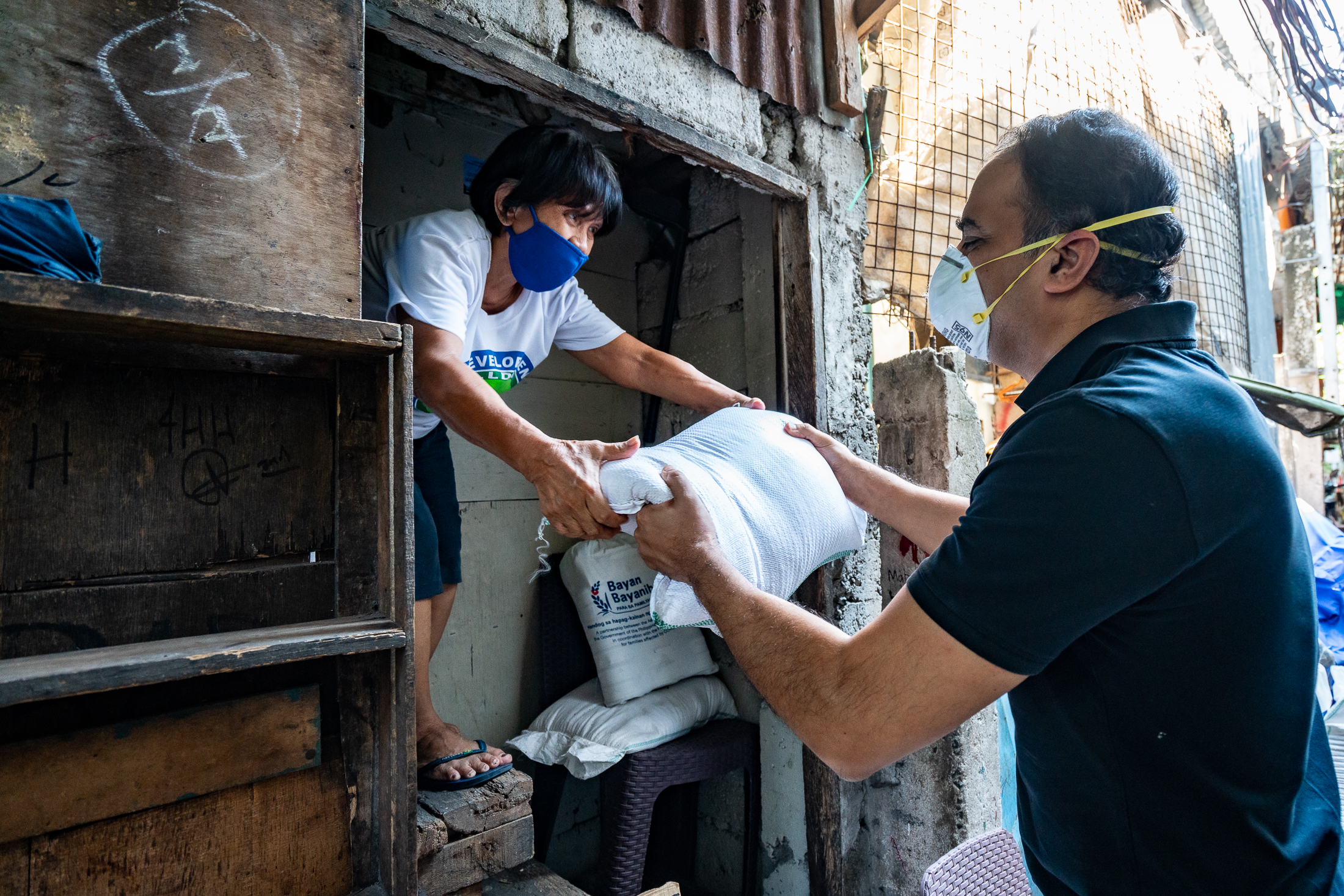
Virtual spaces destabilising dynamics of power in research and challenging assumptions on ‘trusted’ sources of knowledge
With the rapid increase in the use of virtual platforms for collaborative research work and for the sharing of research findings, new spaces opened up for a broader range of ‘southern’ based researchers to directly contribute to knowledge-generating processes. Before the pandemic, within international development research and policy networks, there were practical limits on who could attend conferences, learning exchanges and overseas events.
These events required allocating travel expenses, required navigating complex visa processes, and were sometimes seen as benefits only for those of a certain institutional rank. Virtual communication across international research collaborations was already a norm, but in the pandemic the use of these communications tools and platforms accelerated and prompted a reconfiguration of these pre-existing hierarchies in research and policy ecosystems. We don’t yet know the full impacts of these shifts in how learning and knowledge gets translated across boundaries and brokered into new spaces of power and influence, but we do know that these changes are already becoming integrated into new ways of working and have revitalised debates over whose knowledge counts in international development.
At the intersections of deepening marginalisation and vulnerability where trust has been broken, can (should) relationships be rebuilt?
Those already working with marginalised and vulnerable groups, the so-called ‘left behind’, witnessed the dramatic worsening of the material conditions of people’s lives and a further breakdown of trust vis a vis state actors and other forms of duty-bearers. The groups that experienced extreme impacts included those whose lived realities were not part of government decision making when it came to lockdown policies and the closure of markets and borders. Those most negatively impacted by the impacts of Covid-19 risk mitigation measures included informal workers (including sex workers and domestic workers), migrant workers, displaced populations, people living with disabilities, elderly populations and youth.
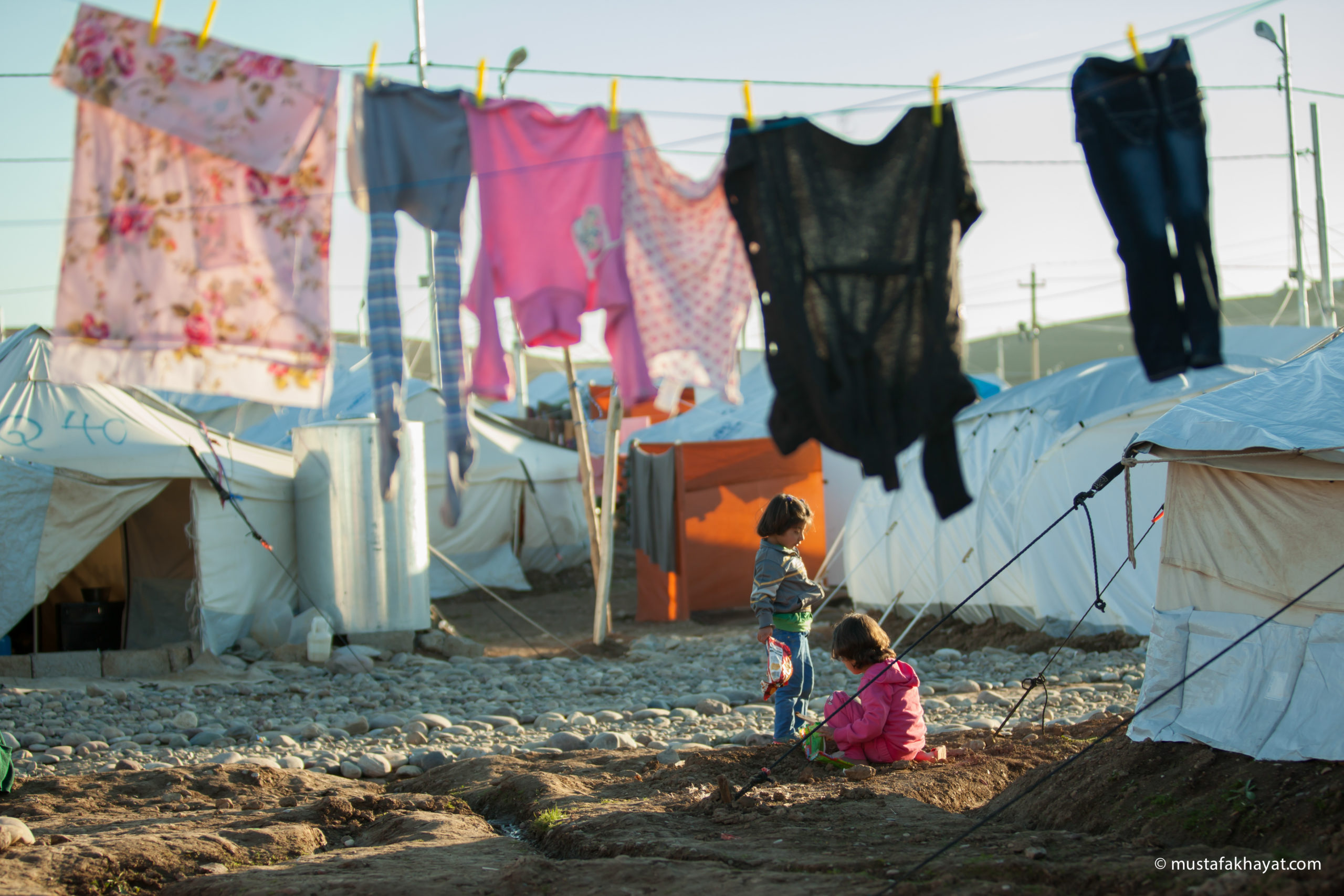
Yet, even within the extreme precarities worsened by the Covid-19 pandemic, new opportunities were created, in part through engaging with CSOs and CBOs representing marginalised groups, and in part made possible by the expanding inclusion of diverse voices through participatory research processes (including the use of virtual communications tools). The ‘big question’ here is how trust that has been further damaged during the pandemic might be rebuilt? The work of the Collective suggests several ways forward: 1) through generating mechanisms that enable marginalised groups to hold duty bearers to account; 2) through inclusive research processes that help to better identify the needs of these communities and what their priorities are in this ‘rebuilding’ process; and 3) through intersectional analyses and approaches that grasp the complexity of overlapping and intersecting experiences of marginalisation and vulnerability.
Generating trust demands humility and empathy
To move forward requires a rejection of old and tired hierarchies of power and knowledge and an honest reckoning with this present moment. To ‘make the road by walking’ means embracing decentred ways of working and reinvesting in those groups and organisations that have been doing the hard work of community development all along.
Humility and empathy are not just buzzwords. They are foundational elements of inclusive development and of generative scholarship. We need restored relationships of trust to build forward better, to understand more deeply the challenges we face in doing so, and to grasp fully the creative potential of a collective approach.
